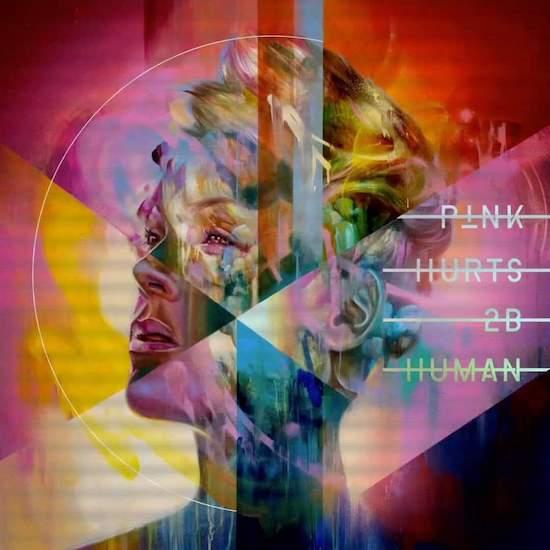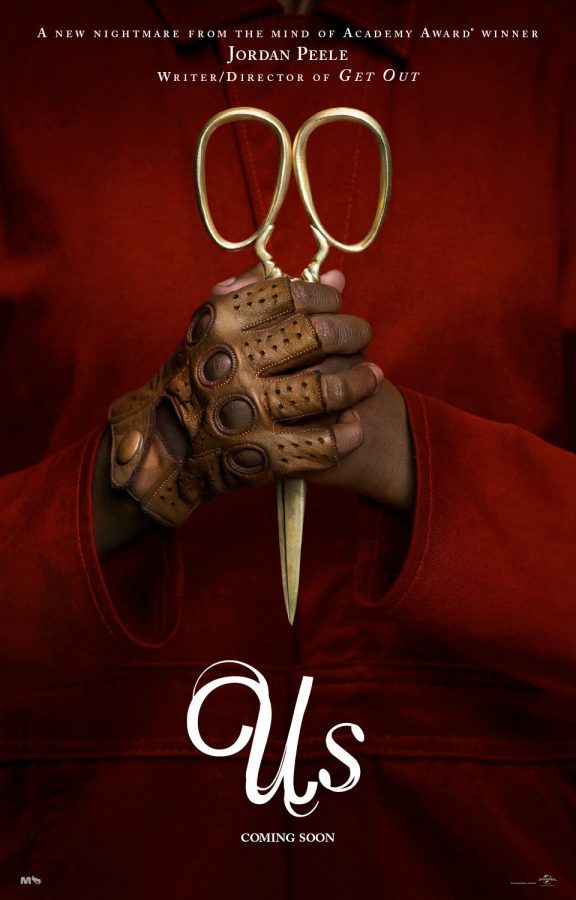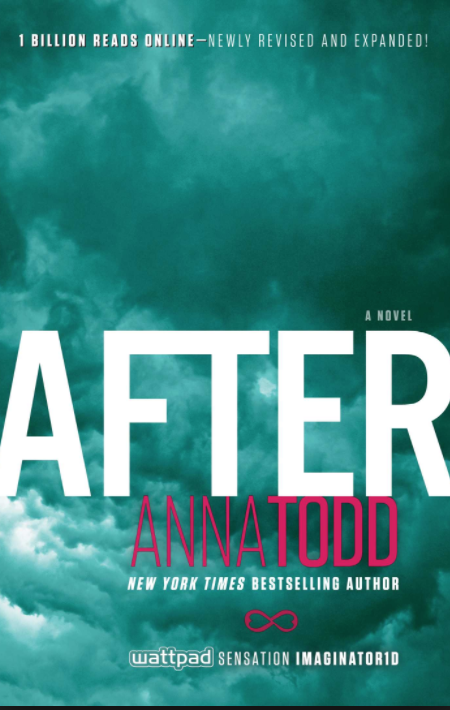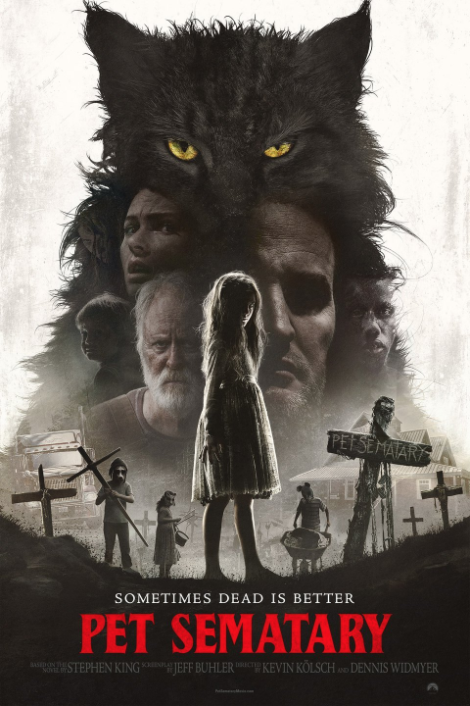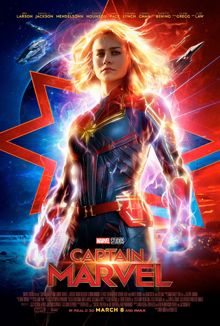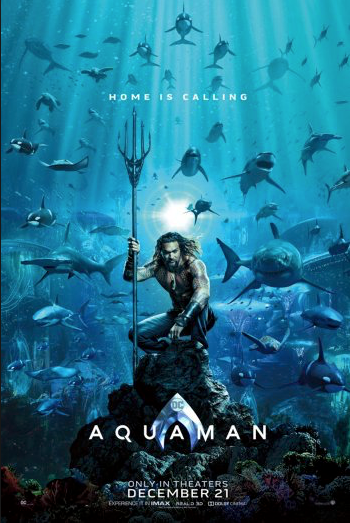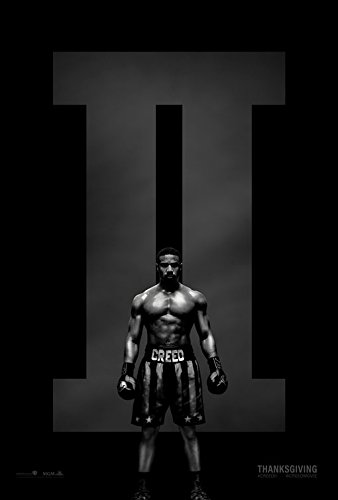When I think of quintessential nostalgic films from my early childhood, those starring Robin Williams proliferate my memory. Whether he is voicing the Genie in “Aladdin” or the cross-dressing Daniel Hillard in “Mrs. Doubtfire,” his performances are timeless. Another notable movie in which he starred was the quirky and even frightening “Jumanji.” I watched that film around the time which my friends, family and I would play board games like “Monopoly” or “Clue” regularly. My interests later shifted to video games, which are less involved in their setting up for a quick burst of entertainment. The next installment in the “Jumanji” duology reflected my own change, with the first film’s killer board transforming into a video game console. With my rose-tinted glasses and an appreciation of the modern movie’s subject matter, I eagerly walked into the theater. At the end of the picture, I felt as if had seen a very mixed film, with many aspects done well, but with other qualities poorly developed.
Let me establish the good parts. The universe in which the game occurred spot-on. The opening of the film takes place immediately after the end of the events of the 90’s film, which pleasantly surprised me. Williams’s character Alan Parrish was even alluded to, which for fans like myself served as a sly wink to the previous picture as well as a nice reference to the contributions of the late actor, Robin Williams. Although the scenes of the modern high school were grading, I was fully immersed once the actors are sucked into Jumanji. The action sequences ranged from events as spectacular as a biker-gang fight to the reserved intensity of having to deal with a very dangerous Black Mamba. All the sets were vibrant, even though there were only four distinct locales, being a jungle, a rocky valley, grassy plains, and a bazaar.
References to aspects of old video games were numerous and clever. Though many of allusions to tenants like NPCs and character classes had to be explained (which is annoying if you are a person who is already aware of the culture), that can be forgiven since it’s produced for the entire American market, not just people aware of video games. I enjoyed recognizing parallels to specific games or genres, whether they were intentional or not. The plot device is that off a curse which must be rid by returning a sacred jewel to a specific location. This reminded me of the NES title “Castlevania II: Simon’s Quest,” since the player must collect different parts of Dracula’s body and bring them to a castle in order to destroy him. Many of the action sequences could also be imagined as live-action renderings of retro-game genres: the fight scene against the biker gang reminded me of the beat-em-up style of “Final Fight,” while the final scene in the jungle paid homage to classic side-scrollers.
The actors of the picture had performances which were directly proportional to the quality of the writing and direction. I felt that the adults working in the high school were very hammy in their delivery. The students objectively acted well, but their respective characters were so shallow that even a stellar performance would not make them likable. Although the more extreme character traits strengthened the “fish-out-of-water” aspect, it came at the expense of their relatability. If I wanted the characters to succeed, it’s because I liked the actors playing the roles, not the roles themselves. Dwayne Johnson played the role of a frail dork trapped in a bodybuilder, and Kevin Hart played up the opposite problem of being an athlete stuck in that of a weak zoologist. Although those two actors were enjoyable for their hyper-awareness of their situations, Jack Black excelled for his lack of it. His portrayal of a cartographer with the mind of the stereotypical self-absorbed blonde supplied the most overall humor from the picture. The other two protagonists played by Nick Jonas and Karen Gillan were good, but their reservedness caused them to not be as memorable as their co-actors. Bobby Cannavale’s performance as the main antagonist was fine, but not very interesting. His need to rule Jumanji can be boiled down to “being evil.” For a film with such a big budget and a fairly short run-time, I don’t think it’s too much to ask for a sentence or two of motivation.
While “Jumanji: Welcome to the Jungle” was a good film that will live in the shadow of it’s predecessor, it excelled the standards of other video game movies like “Mortal Kombat.” If you have a hankering for fun action and jokes, and can tolerate a less-than-stellar performance, I’d advise you to hit up your local movie theater.





